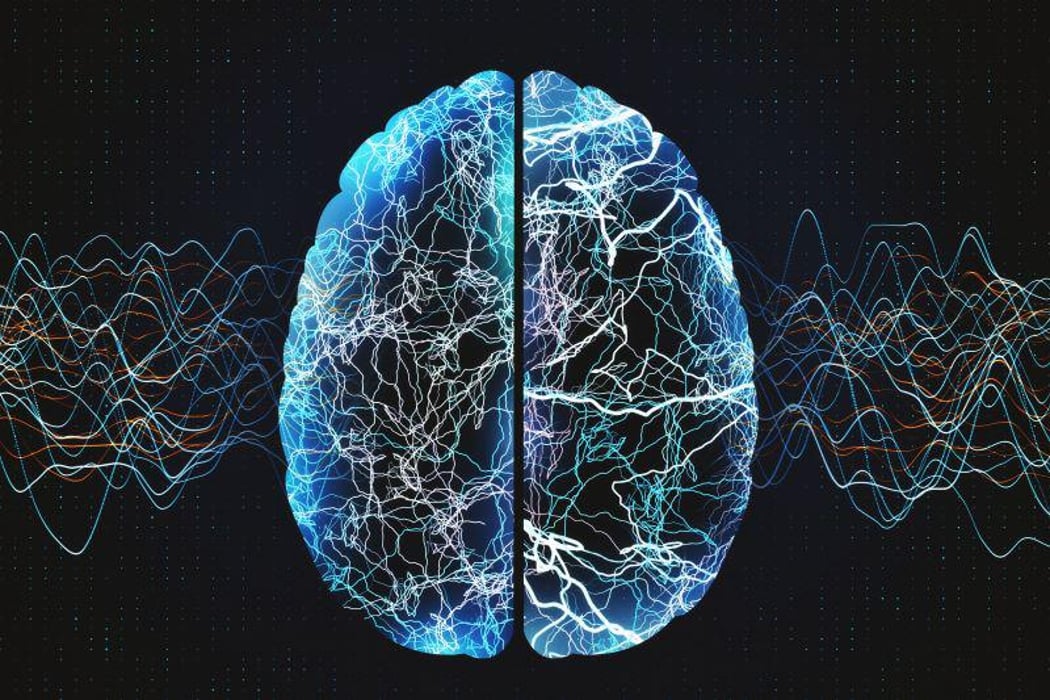Graph Convolutional Network Can Classify Schizophrenia

MONDAY, June 20, 2022 (HealthDay News) -- A graph convolutional network (GCN) approach allows classification of schizophrenia at the individual level, according to a study published online May 15 in Schizophrenia Bulletin.
Du Lei, from Sichuan University in Chengdu, China, and colleagues used GCN to examine topological abnormalities of functional brain networks in schizophrenia using resting-state functional magnetic resonance imaging data from 505 individuals with schizophrenia and 907 controls. For each individual, a whole-brain functional connectivity matrix was extracted. The performance of GCN was examined relative to a support vector machine (SVM).
The researchers found that compared with the SVM, GCN enabled nominally higher classification accuracy (85.8 versus 80.9 percent). The most discriminative brain regions were located in a distributed network, including striatal areas (putamen, pallidum, and caudate) and the amygdala, based on the saliency map. The nodal efficiency of bilateral putamen and pallidum differed significantly between patients and controls, and the correlations with negative symptoms were seen in a post-hoc analysis.
"These findings support the notion that the topology of striatal areas, including putamen and pallidum, may represent a core neural deficit of negative symptomatology in schizophrenia," the authors write.
Two authors disclosed financial ties to the biopharmaceutical industry.
Related Posts
High Fitness Level Lowers Risk for Cardiovascular Death From High Blood Pressure
THURSDAY, April 13, 2023 (HealthDay News) -- High fitness levels attenuate, but...
Mientras antes se trata la EM, mejor
MIÉRCOLES, 26 de julio de 2023 (HealthDay News) -- Los pacientes que reciben...
Long COVID After Mild Infection? It Fades Within a Year
THURSDAY, Jan. 12, 2023 (HealthDay News) -- A large, new study offers reassuring...
The Silent Killer: What Causes Prostate Cancer?
In 2023 alone, 288,300 new cases of prostate cancer will be diagnosed in the...
